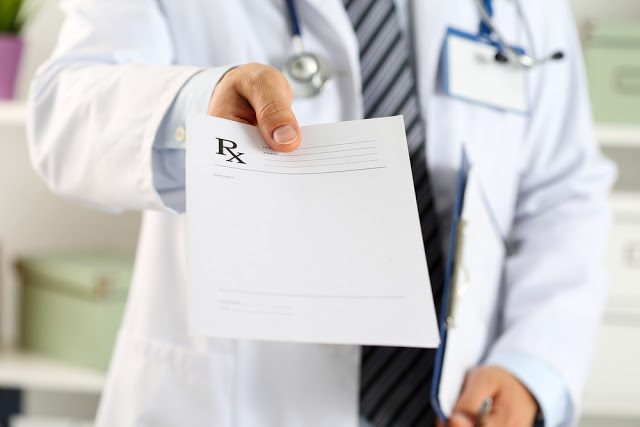Substance abuse is defined by using substances against their intended purposes. Being a sober individual in recovery, you are living a new lifestyle which helps you stay away from abusive behaviors. Abstinence is advocated in recovery in order to ensure lifelong sobriety. However, life does happen. Sobriety and abstinence is not immunity to life and the many spontaneous things that can happen in life. Accidents, injuries, and health complications can lead to pain, suffering, and visits to the hospital- all while clean and sober.
Doctors have a go-to medication for treating pain in their patients: narcotic painkillers. Prescription painkillers are the villain of the nationwide and global epidemic of opioid addiction. Doctors have recklessly prescribed opioids in the past without doing a screening of patient’s mental health first. You can take opioids responsibility under certain conditions and guidelines. However, experimenting with this ability should only be done in emergency situations when there is no other way to provide pain relief than an opioid painkiller. Most often there are other solutions to healing pain than using opioid painkillers. There are non-narcotic options which provide an ample amount of pain relief. While these medications may not create the overall euphoric analgesia that opioid painkillers do, they do reduce the pain to a manageable level.
In addition to the use of medications, there are alternative treatment methods you can turn to for healing. As the opioid epidemic has continued to worsen, doctors are returning to the basics of their practice to provide pain relief and healing. Realizing the devastating effect of their decisions to simply prescribe opiates, doctors are faced with the challenges of providing patients with other healing treatments. More challenging, is the task doctors are presented with in convincing their patients that opioids are not the only answer to their problems. Part of the issue doctors are working through is the psychological roadblock to receiving healing treatment. Convinced that opioids are their only answer, it is entirely possible that patients won’t receive the healing of other treatments or be affected.
Many are benefitting. If you are having to choose between receiving an opioid pain treatment and trying an alternative method, it is important to try other methods first. Recovery has taught you that life often includes pain and uncomfortable moments. Without any other mood altering substances, you’ve learned to manage your pain, feel your pain, and cope with your pain- understanding that the experience of pain is a part of life, but a fleeting one. You can and you will make it through your injury or surgery successfully without sacrificing your recovery. If you are struggling with your sobriety, reach out to your therapist, sponsor, and trusted members of your network.
In the event of a relapse and a need for treatment, Cottonwood Tucson offers critically acclaimed treatment for co-occurring disorders. Often, relapse is a sign of underlying issues coming back to the surface. Our integrative approach to treatment offers complete recovery of mind, body, and spirit. For information on our internationally recognized programs, call us today: (888) 727-0441








